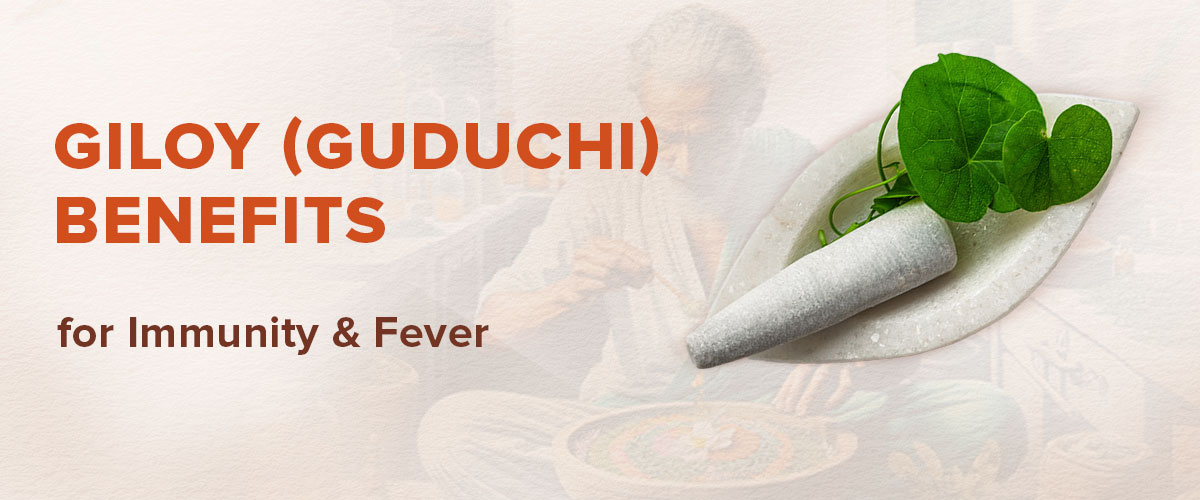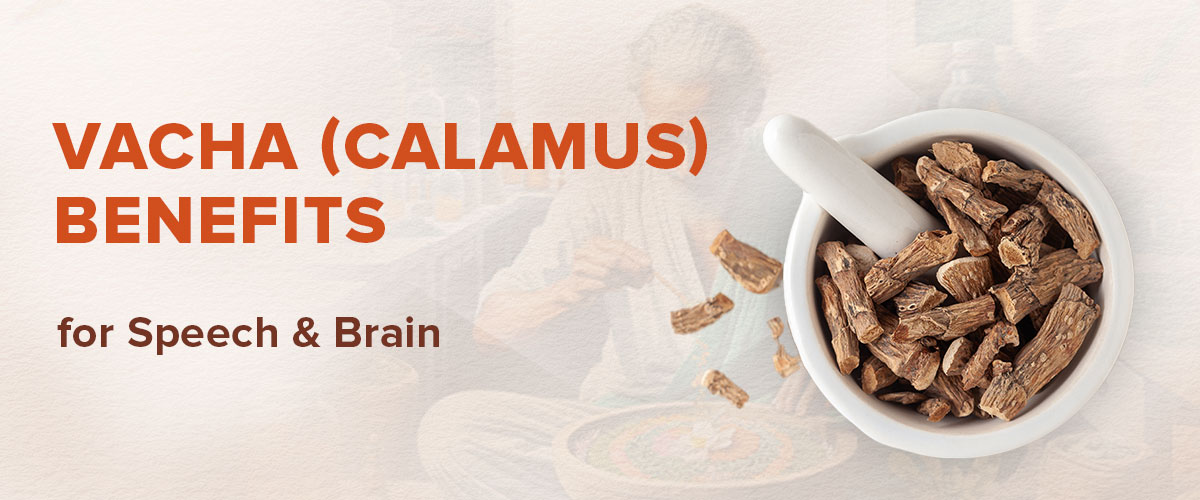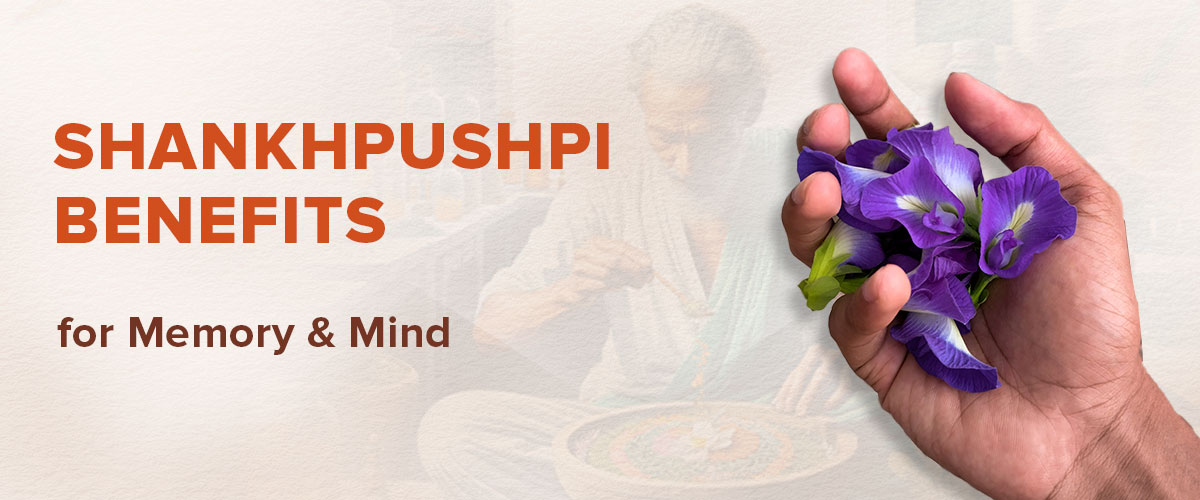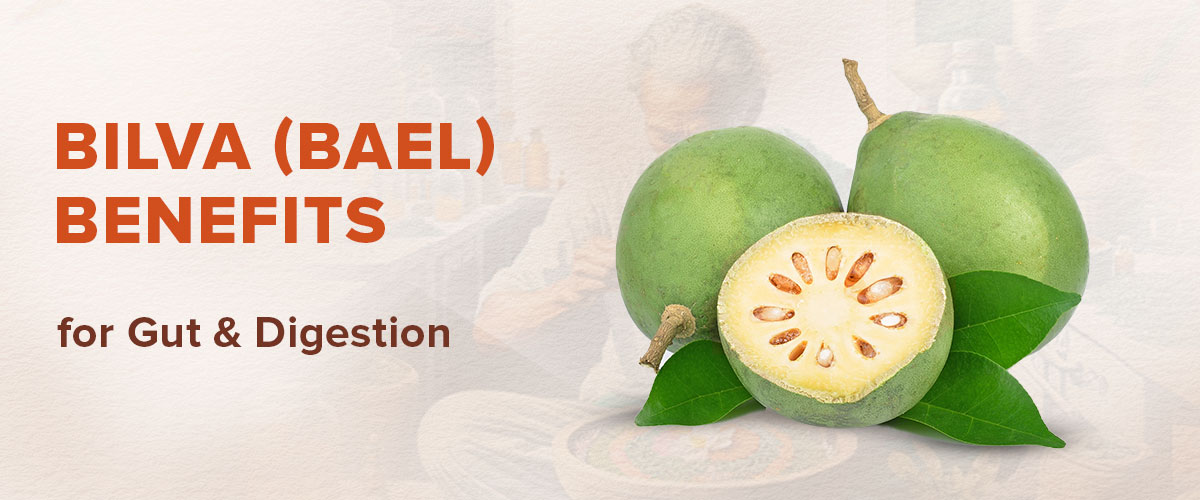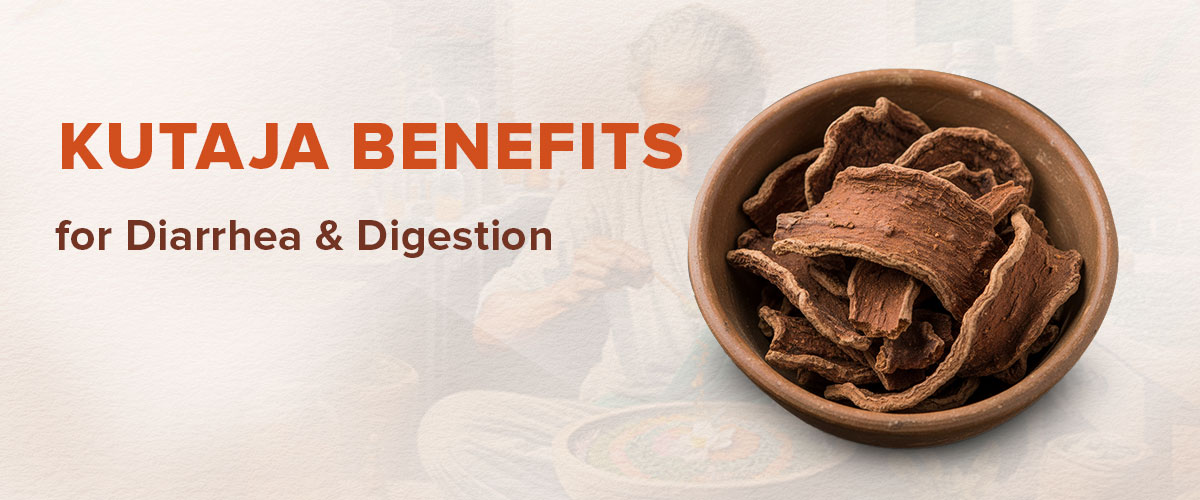Haldi: Benefits, Uses, and Healing Properties

Turmeric, also called Haldi, is not just a bright yellow spice in your kitchen. In English it’s simply “turmeric,” botanically it’s Curcuma longa, and in Sanskrit it goes by names such as Haridra, Varvnini, or Yoshitipraya. Ayurveda has used this herb for a long time, and it is known as a Rasayana, which means it is a tonic that helps you feel better and gives you more energy.
In the past, people in India used Haldi for almost everything, including helping with digestion, fixing skin problems, making the body stronger, and balancing all three doshas (Vata, Pitta, and Kapha). It is still popular today, both in cooking and as a supplement, because it can help heal and reduce inflammation.
Recent clinical reviews show that it is still relevant today. There was an umbrella review of 25 studies that found that curcumin, a key part of turmeric, helped lower inflammation markers like CRP and TNF-α, especially in people with type 2 diabetes, PCOS, and rheumatoid arthritis. A 2025 report also said that turmeric is good for gut health and balancing good bacteria, especially when mixed with black pepper, which makes it much easier for the body to absorb.
What is Haldi & Its Ayurvedic Properties?
Haldi, or turmeric, is one of those herbs that affects almost every part of your health from digestion to fixing skin problems. But what makes it really special is how its Ayurvedic properties work together to bring your body into balance.
- Taste: Haldi has two main tastes, i.e., Tikta (bitter) and Katu (pungent). You can tell this by tasting it raw or even in turmeric milk. These flavours help get rid of toxins and make digestion better.
- Qualities (Guna): It is Laghu (light) and Ruksha (dry), which means that your body can easily digest it and it helps get rid of extra moisture or oiliness, which is especially helpful when you have a Kapha imbalance.
- Virya (Potency): Haldi has Ushna Virya, which makes the body hot. This is great for improving your blood flow, getting rid of toxins, and boosting your digestive fire (Agni).
- Post-Digestive Effect (Vipaka): It has a Katu Vipaka or pungent after-effect that helps clean and detoxify the body even after digestion is done.
Above all, Haldi is classified as a Rasayana, i.e., a special group of herbs known to rejuvenate your entire system. So when you take Haldi regularly (in the right amount), you’re actually building long-term strength and vitality from within.
Haldi Benefits for Your Health
Haldi has healing powers that go far beyond taste. You can eat it, drink it in warm milk, or take it as a supplement. Let's look at how this golden herb is good for your body from both an Ayurvedic and a modern scientific point of view.
Helps in Reducing Pain and Swelling in Joints
Ayurvedic View: Ayurveda says that joint pain, especially in conditions like Amavata (rheumatoid arthritis), is caused by bad digestion and the buildup of toxins. Haldi helps get rid of these toxins and bring Vata, the dosha that controls movement and pain, back into balance.
Modern View: The modern view is that curcumin, the active ingredient in Haldi, stops inflammatory proteins like COX-2 from working. This helps with arthritis and other conditions by reducing swelling and stiffness.
Helps with Digestion and Bloating
Ayurvedic View: Haldi is said to increase your Agni, or digestive fire. This means that it helps your body digest food better, stops gas, bloating and pain.
Modern View: The modern view is that turmeric is a natural anti-acid that improves your stomach lining. Adding Haldi to your daily routine can help people who have acid reflux or indigestion feel better.
Helps Fight Infections and Boosts the Immune System
Ayurvedic View: Haldi is a natural Rasayana that boosts your body's defences and builds immunity. It's especially good at keeping coughs, colds, and the flu away during the change of seasons.
Modern View: Curcumin is a powerful anti-bacterial, anti-viral, and anti-inflammatory substance. It helps your body fight off germs and get better faster when you're sick.
Makes Skin Healthy and Glowing
Ayurvedic View: Haldi cleans the blood and balances all three doshas, but it is especially good for Pitta, which is linked to skin problems. People often use it in face packs and pastes to get rid of acne, rashes, and dark spots.
Modern View: Turmeric lowers oxidative stress and skin inflammation, according to modern science. It is also known to fight wrinkles and dullness, which are signs of ageing.
Haldi for Specific Health Conditions
Haldi is good for your health in general, but it can also help with some specific health problems.
Haldi for Diabetes and High Blood Sugar
Haldi can help you control your high blood sugar levels. Ayurveda says that diabetes is caused by bad digestion and the buildup of toxins. Haldi helps with digestion and keeps the Vata dosha in check. Recent studies have shown that curcumin can lower blood sugar levels and help insulin work better. Ayurvedic medicine for diabetes often suggests drinking turmeric with amla juice to help control blood sugar.
Haldi for Arthritis and Joint Pain
As we get older, joint pain, stiffness, and swelling become more common. Haldi works by getting rid of the Ama that builds up in your joints. It also balances Vata, which controls movement and pain. Studies done in the last few years show that turmeric can help with conditions like rheumatoid arthritis and osteoarthritis by lowering inflammation.
Haldi for IBS and Gut Health
Haldi might help if you often feel bloated or have an upset stomach. It makes your Agni stronger and gets rid of toxins that upset the gut. Some studies have also found that turmeric can help people with IBS (Irritable Bowel Syndrome) feel better.
Who Should Use Haldi?
Turmeric is a herb that helps people of all ages and needs in different ways. Haldi benefits can be personalised to you, whether you're a woman taking care of your health, a parent looking out for your child, or an older person trying to stay active and full of energy.
Haldi for Women
Haldi has always been important for women's health. Because it balances Vata and Pitta, it helps with periods, cramps, and reproductive health. It also helps with stress, boosts immunity, and makes your skin glow. If you often get infections or have PCOS symptoms, taking Haldi with warm milk or amla juice may help you in the long run.
Haldi for Kids
Turmeric is safe for kids to use in small amounts, especially when the seasons change. Haldi can help your child build up their immune system and improve their digestion if they often get colds or don't want to eat. A small amount in warm milk or food may be all you need. But it's best to talk to a Jiva doctor before giving kids a regular dose.
Haldi for Elderly People
As you get older, you may need to take extra care of your bones, joints, and digestion. Haldi helps all three. It helps with joint pain, keeps your gut healthy, and makes your memory and brain work better. A lot of older people say that taking turmeric every day makes them feel lighter, more active, and sharper mentally.
Can Haldi Be Taken with Other Medicines?
Haldi is a natural healer, but you should be careful if you are already taking modern medicines. Turmeric can sometimes interact with certain drugs, especially if you're taking it in large amounts or as a supplement.
If you're on diabetes medication, Haldi might lower your blood sugar further, so combining both without advice could cause your sugar levels to drop too much. The same goes for blood pressure medicines as Haldi can mildly reduce BP, which may cause an unwanted dip if you're already on treatment.
To stay safe, always talk to a Jiva certified Ayurvedic doctor before adding Haldi to your daily routine.
Is Haldi Safe? Who Should Avoid It?
Most people can safely take haldi in small, daily doses, especially as a spice in their food. But it's still important to know how much to take and when to be careful.
Possible Side Effects (Usually With High Doses)
- Stomach pain or gas
- Nausea or dizziness
- Diarrhea or loose motions
- Skin rashes or mild allergies (rare)
If you feel uneasy after starting turmeric, stop using it and speak to a Jiva doctor.
Haldi vs Other Ayurvedic Herbs
Haldi is one of the most popular Ayurvedic herbs, but how does it compare to other trusted remedies like Tulsi, Brahmi, or Shilajit? Let’s explore these comparisons to help you choose the right herb for your specific health needs.
Haldi vs. Tulsi
Both Haldi and Tulsi are widely used in Indian households, especially for immunity and general wellness. This is how they differ:
|
Feature |
Haldi (Turmeric) |
Tulsi (Holy Basil) |
|
Best Use |
Inflammation, digestion, skin, joint health |
Cold, cough, respiratory issues, stress relief |
|
Energy (Virya) |
Heating (Ushna) |
Heating (Ushna) |
|
Effect on Body |
Detoxifies and heals tissues |
Clears toxins and opens up respiratory tract |
|
Effect on Mind |
Calms stress, supports clarity |
Relieves anxiety, sharpens focus |
Haldi vs. Brahmi
Brahmi is best known for its mental health benefits, while Haldi is more focused on physical healing. Here’s how they compare:
|
Feature |
Haldi (Turmeric) |
Brahmi (Bacopa monnieri) |
|
Best Use |
Immunity, inflammation, liver, skin health |
Brain health, memory, focus, mental calmness |
|
Energy (Virya) |
Heating (Ushna) |
Cooling (Shita) |
|
Effect on Body |
Purifies blood, improves digestion |
Reduces inflammation, supports nerve health |
|
Effect on Mind |
Mildly calming |
Strongly calming and nourishing for the brain |
Haldi vs. Shilajit
Shilajit is a powerful rejuvenator used mainly for strength, stamina, and male health. This is how it differs from Haldi:
|
Feature |
Haldi (Turmeric) |
Shilajit |
|
Best Use |
Digestion, pain relief, immunity |
Strength, vitality, energy, anti-aging |
|
Energy (Virya) |
Heating (Ushna) |
Heating (Ushna) |
|
Effect on Body |
Cleanses and strengthens |
Rebuilds and rejuvenates |
|
Effect on Mind |
Calms the nerves |
Increases motivation and mental alertness |
Conclusion
You might be surprised at how one simple herb like Haldi can help your skin, digestion, immunity, or even your mood. That's what makes Ayurvedic herbs so beneficial. They don't just fix one problem; they work on the root cause and help your body and mind in a natural, balanced way.
But you still need to use the most powerful natural remedy the right way. That's why you should always talk to a Jiva certified Ayurvedic doctor before using any herb on a regular basis.
For getting personalised advice on any health concerns you may be facing, call our Jiva doctors today at 0129-4264323.
FAQs
What are the benefits of taking turmeric every day?
Taking a small amount of Haldi every day, like in warm milk or food, can help with digestion, inflammation, liver health, immunity, and even make your skin healthier.
Does Haldi have the power to heal?
Yes. Ayurveda believes that haldi is very good for healing. It helps your body fight infections, eases pain, speeds up the healing of wounds, and even helps repair tissue.
Is it safe for me to take Haldi if I already have health problems?
Yes, but only in the right form and amount. Haldi may affect the medicines you take if you have diabetes, high blood pressure, or thyroid problems. Before you start, it's always best to talk to a Jiva Ayurveda expert.
Is it safe for kids to have Haldi?
Yes, but only in very small amounts. Adding a little Haldi to your child's milk or food can help their immune system and digestion. Don't take supplements unless your doctor tells you to.
What is the healthiest way to take Haldi?
You can mix turmeric with amla juice or honey, or you can add 1/4 teaspoon to warm milk or water. You can take it every day, not just when you feel bad.



 Prev
Prev





